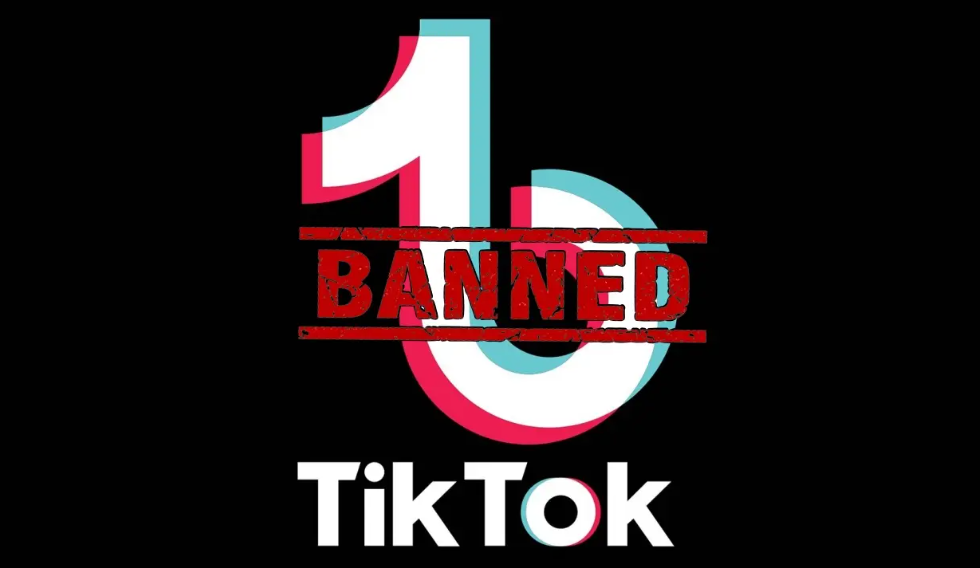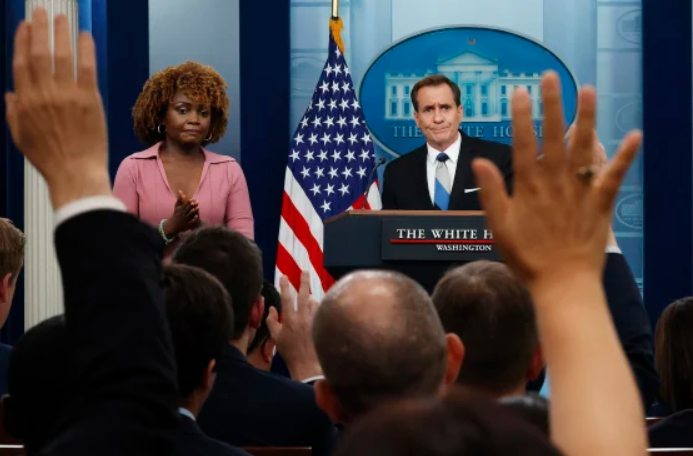The future of TikTok in the United States hangs in the balance once again as the specter of a potential ban resurfaces, igniting debates over national security, privacy concerns, and the freedom of expression in the digital age. The popular short-form video app, which has captivated millions of users worldwide, finds itself at the center of a contentious geopolitical standoff between the US government and its Chinese-based parent company, ByteDance.
The latest developments come amid renewed scrutiny from policymakers and regulators over TikTok’s data handling practices and its alleged ties to the Chinese government. Concerns about the potential exploitation of user data and the app’s influence on American youth have fueled calls for decisive action to safeguard national interests and security.
The Biden administration, like its predecessor, has expressed apprehensions about the security risks posed by TikTok and other Chinese-owned platforms. In recent months, government officials have explored various avenues to address these concerns, including executive orders and regulatory measures aimed at curtailing TikTok’s operations within the US.
While discussions regarding the fate of TikTok continue behind closed doors, the prospect of a ban has stirred controversy and uncertainty among users, content creators, and businesses reliant on the platform for marketing and outreach. Critics argue that a blanket ban on TikTok would infringe upon free speech rights and stifle innovation, while proponents assert that it is necessary to safeguard national security and protect user privacy.
The debate over TikTok’s future in the US is emblematic of broader tensions between the world’s two largest economies and their competing visions for cyberspace governance and digital sovereignty. It also underscores the complexities of regulating global tech platforms operating in an interconnected and increasingly politicized digital landscape.
For TikTok’s millions of American users, the prospect of losing access to their favorite platform raises concerns about the impact on social connectivity, entertainment, and creative expression. Many have taken to social media to voice their opposition to a potential ban, urging policymakers to explore alternative solutions that address security concerns without resorting to outright prohibition.
In response to mounting pressure from regulators, TikTok has sought to reassure users and authorities alike by implementing various measures aimed at enhancing transparency, data security, and compliance with local regulations. These efforts, however, have yet to fully assuage concerns about the app’s susceptibility to external influence and manipulation.
As the debate over TikTok’s future unfolds, stakeholders on all sides are bracing for potential ramifications that could reshape the digital landscape and influence the trajectory of US-China relations. Whether through diplomatic negotiations, legislative action, or judicial intervention, the fate of TikTok in the US remains uncertain, leaving millions of users and businesses in limbo as they await clarity on the app’s ultimate destiny.
The looming threat of a TikTok ban in the US underscores the complex interplay between national security imperatives, privacy concerns, and the free flow of information in the digital age. As policymakers grapple with these competing interests, the fate of TikTok hangs in the balance, leaving millions of users and businesses in a state of uncertainty and prompting broader reflections on the implications of tech regulation in an increasingly interconnected world.



